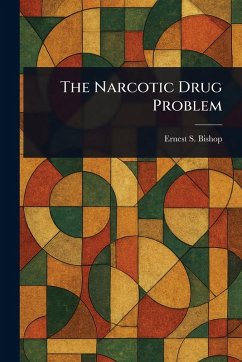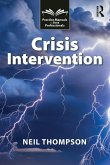"The Narcotic Drug Problem" by Ernest S. Bishop offers a detailed exploration of drug addiction, providing insights into its social and psychological dimensions. This meticulously prepared republication presents a historical perspective on narcotics, substance abuse, and their impact on public health. Examining the complexities of drug abuse, the book delves into the challenges surrounding addiction and its treatment. As a significant contribution to the field, "The Narcotic Drug Problem" remains relevant for anyone seeking a deeper understanding of this enduring social issue. It will appeal to those interested in social work, mental health, and the historical context of substance abuse. A valuable resource for understanding the enduring challenges of drug addiction and its societal implications. This work has been selected by scholars as being culturally important, and is part of the knowledge base of civilization as we know it. This work is in the public domain in the United States of America, and possibly other nations. Within the United States, you may freely copy and distribute this work, as no entity (individual or corporate) has a copyright on the body of the work. Scholars believe, and we concur, that this work is important enough to be preserved, reproduced, and made generally available to the public. We appreciate your support of the preservation process, and thank you for being an important part of keeping this knowledge alive and relevant.
Bitte wählen Sie Ihr Anliegen aus.
Rechnungen
Retourenschein anfordern
Bestellstatus
Storno






![The Drink Problem in Its Medico-sociological Aspects [electronic Resource] The Drink Problem in Its Medico-sociological Aspects [electronic Resource]](https://bilder.buecher.de/produkte/66/66153/66153326m.jpg)


